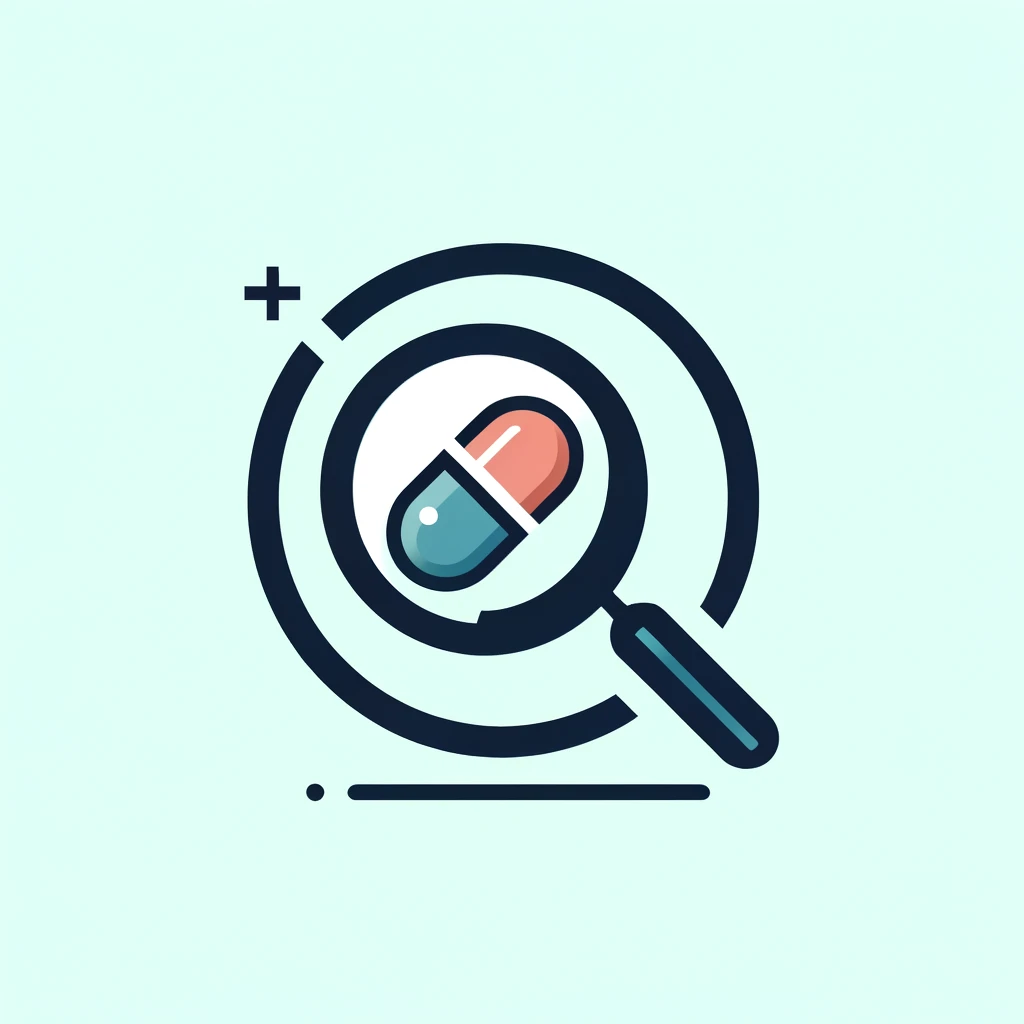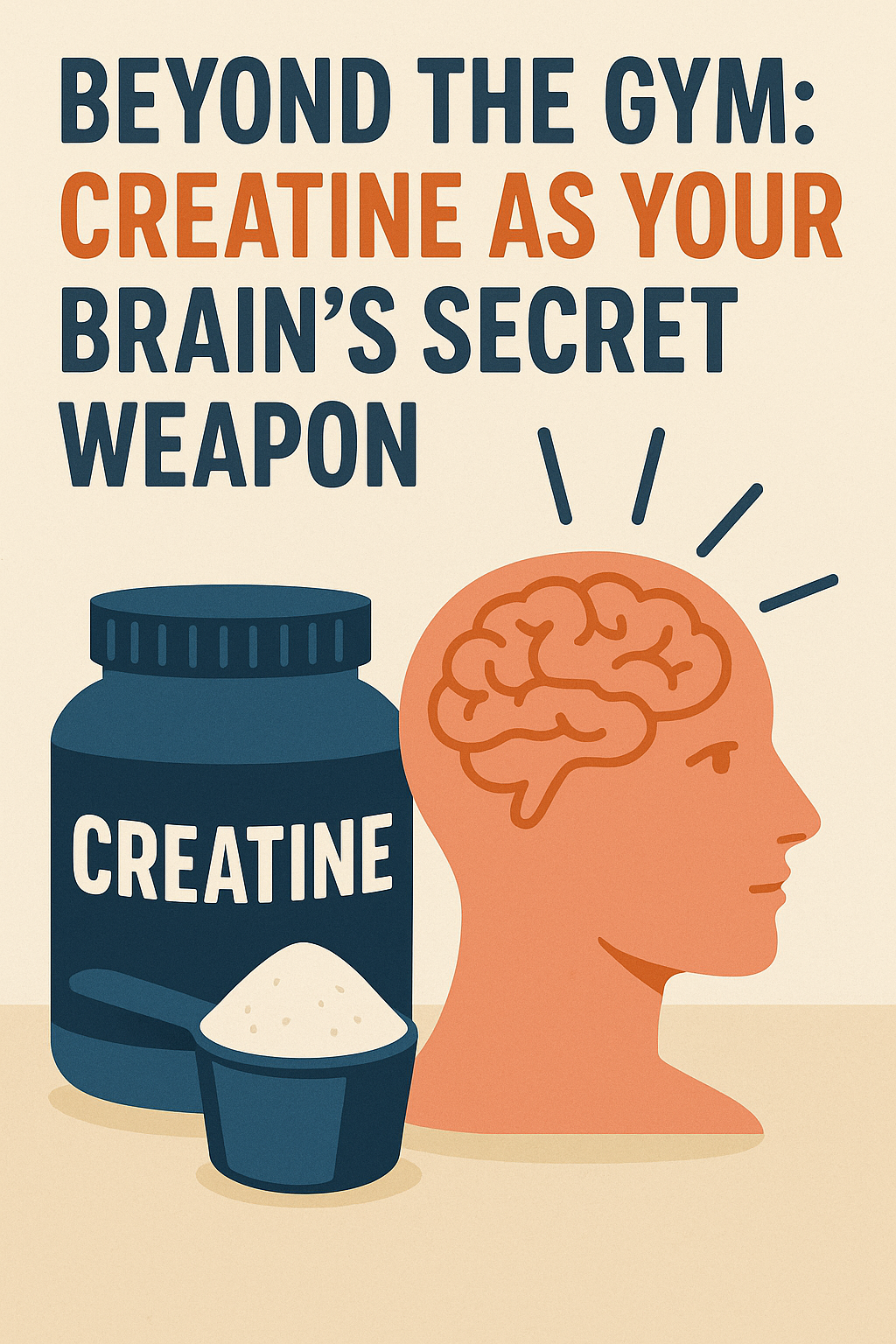Forget everything you think you know about creatine. While gym-goers have long cherished this supplement for building muscle, cutting-edge research reveals its most exciting potential lies not in your biceps, but in your brain. Recent meta-analyses demonstrate that **creatine supplementation significantly enhances memory and processing speed**, particularly in populations facing high cognitive demands. This isn't just another fitness fad—it's a scientifically-backed cognitive enhancer that could revolutionize how we think about mental performance, aging, and brain health.
The implications extend far beyond athletics. Students cramming for exams, professionals managing demanding workloads, older adults concerned about cognitive decline, and anyone experiencing post-viral brain fog could benefit from creatine's remarkable ability to fuel the brain's energy-hungry neurons. With over 1,000 peer-reviewed studies supporting its safety and efficacy, creatine represents one of the most thoroughly researched supplements available today.
How Creatine Transforms Your Brain's Energy Economy
Your brain is a metabolic powerhouse, consuming roughly 20% of your body's total energy despite representing only 2% of its body weight. This enormous demand requires constant production of ATP (adenosine triphosphate), the primary energy currency of the cell. Here's where creatine becomes crucial.
Creatine forms phosphocreatine, creating a rapid ATP regeneration system that's essential for maintaining function in cells with high energy demands. The creatine-phosphocreatine system acts as your brain's energy buffer, rapidly recycling ATP when neurons fire intensively during complex thinking, memory formation, or sustained concentration.
But its benefits extend beyond simple energy provision. A groundbreaking 2023 discovery revealed that creatine functions as a novel neurotransmitter, found in synaptic vesicles at concentrations comparable to classical neurotransmitters like dopamine. When neurons fire, creatine is released, potentially modulating neural communication and contributing to improved cognitive function.
Memory Enhancement and Cognitive Processing Breakthroughs
The cognitive research surrounding creatine has reached a tipping point. A comprehensive 2024 meta-analysis by Xu and colleagues, examining 16 randomized controlled trials, found significant improvements in memory and processing speed.
Participants in various studies showed enhanced rapid information processing and faster decision-making capabilities. One particularly striking study found that a single high dose of creatine improved cognitive performance during 21 hours of sleep deprivation, maintaining mental clarity when participants would normally experience significant decline.
Who Benefits Most? Special Populations Seeing Remarkable Results
Older Adults Experiencing Cognitive Renaissance
Perhaps the most exciting research involves older adults. Studies consistently show that individuals aged 66-76 years demonstrate significantly greater cognitive benefits from creatine compared to younger populations. This likely stems from naturally declining brain creatine levels and reduced transport efficiency with age. These findings suggest creatine may help maintain cognitive vitality during aging.
Vegetarians and Vegans Discovering Enhanced Mental Clarity
Vegetarians and vegans represent another population seeing pronounced benefits. Since dietary creatine comes primarily from meat and fish, plant-based eaters typically have lower baseline stores. Research has found that memory improvements from creatine occurred only in vegetarians, not omnivores, highlighting their enhanced responsiveness.
Post-Viral Fatigue and Brain Fog Recovery
Emerging research suggests creatine may help address post-viral cognitive symptoms, including the "brain fog" experienced after infections like COVID-19. While specific studies are ongoing, the theoretical basis is strong: creatine's role in cellular energy production, neuroprotection, and inflammation reduction could help restore normal brain function.
Cognitive & Physical Dosing Protocols
For Mental Performance
For cognitive enhancement, research supports a maintenance dose of **3-5 grams of creatine monohydrate daily**. Unlike athletic use, a "loading phase" is not generally necessary for cognitive benefits, which typically become apparent after 4-6 weeks of consistent supplementation as brain levels increase. For older adults, higher doses of 5-10 grams daily may be more beneficial.
For Physical Performance
While this article focuses on the brain, it's built on creatine's proven physical benefits. The International Society of Sports Nutrition concluded that creatine monohydrate is the most effective supplement for high-intensity exercise, typically producing **10-20% improvements in performance** and supporting lean muscle gains during training.
Safety Profile and Choosing a Supplement
An Exceptional Safety Record
Creatine monohydrate boasts an exceptional safety profile. The FDA classified it as "Generally Recognized as Safe" (GRAS) in 2020. Concerns about kidney function have been thoroughly investigated and refuted in healthy individuals. The only consistently reported side effect is temporary weight gain from increased muscle hydration (not fat), which actually correlates with improved performance.
Important Medical Considerations
Individuals with existing kidney disease or bipolar disorder, and those who are pregnant or breastfeeding, should consult a healthcare provider before use. This is standard precautionary advice due to a need for medical monitoring or lack of specific data in these groups.
Choosing a Quality Supplement
Not all creatine supplements are created equal. Creatine monohydrate is the gold standard, with the most extensive research. Look for pharmaceutical-grade products with third-party testing (e.g., Informed-Sport). Micronized creatine offers better solubility, and while powder is cost-effective, more convenient forms exist for those who dislike the taste or texture.
Tired of Powders? Try a Tastier Way to Take Creatine.
Our creatine gummies offer a convenient and delicious way to get your daily 3-gram dose of creatine monohydrate without any mess.
Shop Creatine Gummies →For a wider range of supplements, you can explore options from other Quality supplement providers that offer third-party tested products.
Conclusion & Key Takeaways
Creatine supplementation represents a paradigm shift from just physical enhancement to cognitive optimization. With robust evidence supporting memory improvements and enhanced processing speed, particularly for older adults and vegetarians, creatine has become a valuable tool for anyone seeking to optimize brain function.
The convergence of exceptional safety data, extensive research validation, and emerging cognitive applications positions creatine as one of the most promising supplements for both brain and body. Whether you're a student, a professional, or an older adult, creatine offers a scientifically-backed approach to enhancing your brain's energy economy and performance.
References
- Avgerinos, K. I., et al. (2018). Effects of creatine supplementation on cognitive function of healthy individuals: A systematic review of randomized controlled trials. *Experimental Gerontology.*
- Forbes, S. C., et al. (2022). "International Society of Sports Nutrition position stand: creatine supplementation and exercise." *Journal of the International Society of Sports Nutrition.*
- Dolan, E., Gualano, B., & Rawson, E. S. (2019). Beyond muscle: the effects of creatine supplementation on brain creatine, cognitive processing, and traumatic brain injury. *European Journal of Sport Science.*
- Roschel, H., et al. (2021). "Creatine Supplementation and Brain Health." *Nutrients.*
- McMorris, T., et al. (2007). "Effect of creatine supplementation and sleep deprivation, with mild exercise, on cognitive and psychomotor performance, mood state, and plasma concentrations of catecholamines and cortisol." *Psychopharmacology.*
- Benton, D., & Donohoe, R. (2011). The influence of creatine supplementation on the cognitive functioning of vegetarians and omnivores. *The British journal of nutrition.*
- Slank, B., et al. (2022). "The role of creatine in the management of foundation of fatigue-related symptoms in adults: a systematic review of randomized controlled trials." *Food Science & Nutrition.*
- Prokopidis, K., et al. (2023). "Effects of creatine supplementation on memory in healthy individuals: a systematic review and meta-analysis of randomized controlled trials." *Nutrition Reviews.*

